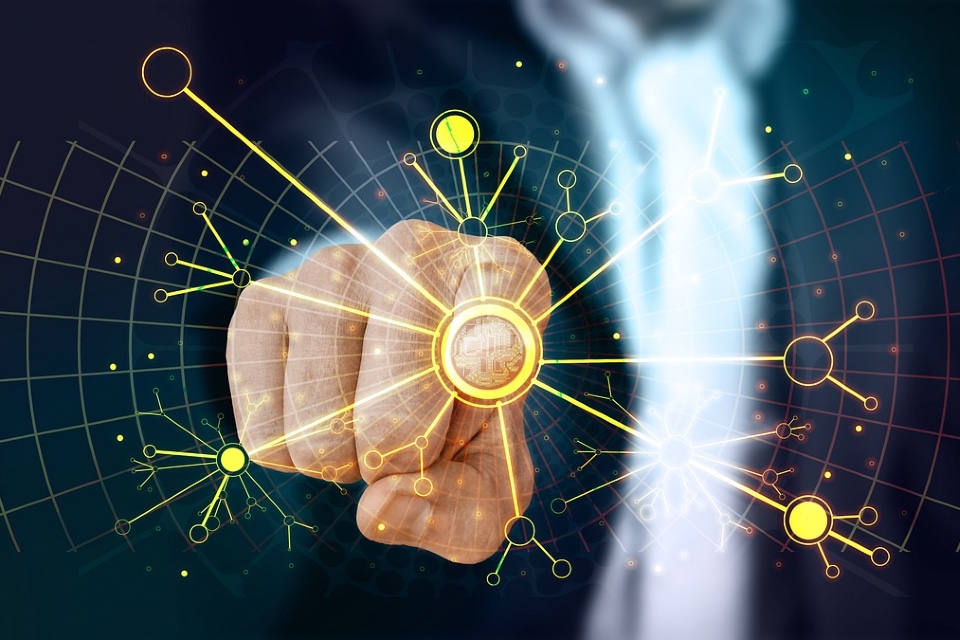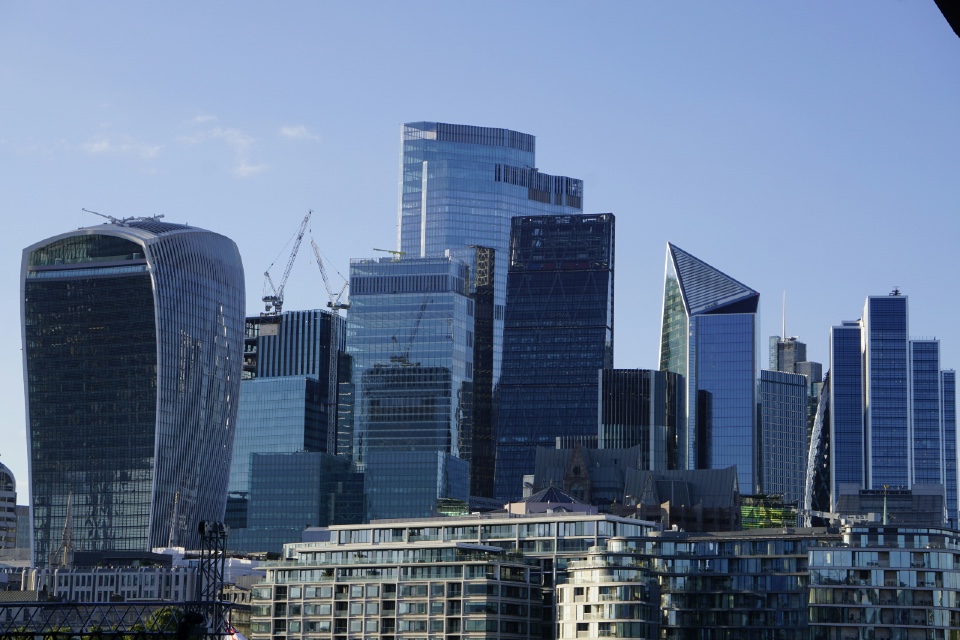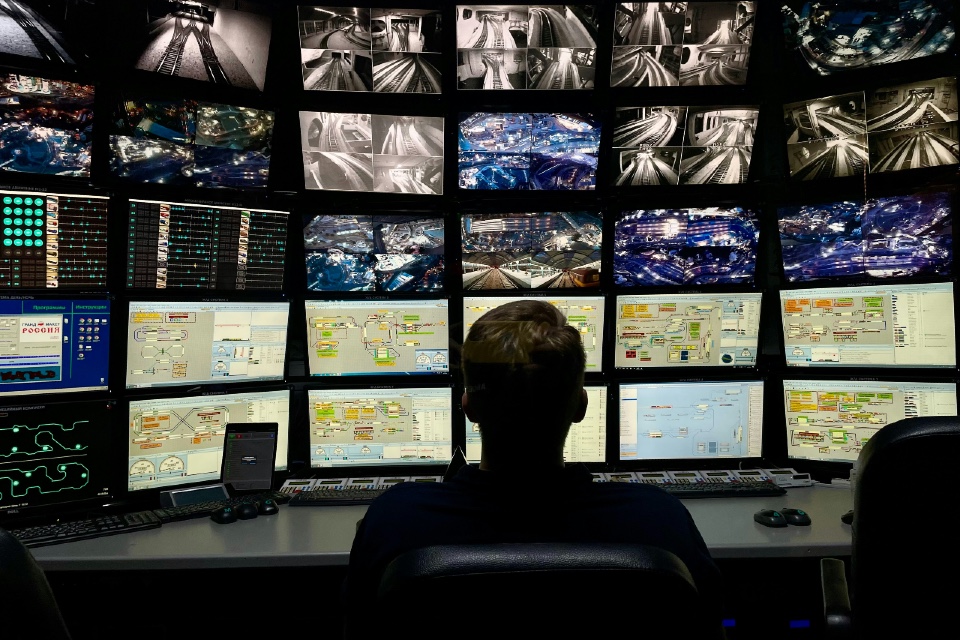Security threats are growing in complexity, demanding advanced solutions. Artificial Intelligence (AI) is increasingly playing a pivotal role in reshaping the security landscape within the UK’s commercial and public sectors. By integrating AI, organisations can bolster their physical security measures to unprecedented levels. Let’s delve into the specific ways AI is being leveraged…
- Intelligent Video Surveillance:
- Function: Traditional security cameras merely record, but AI-powered cameras can analyse. These systems recognise suspicious behaviour, unattended packages, or individuals in restricted zones.
- Benefit: This proactive approach ensures real-time alerts and rapid response, drastically minimising potential security breaches.
- Facial Recognition:
- Function: AI algorithms can scan, recognise, and match faces in crowded places or against a database in real-time.
- Benefit: Essential for public sectors like airports or railway stations, this technology helps identify wanted criminals or missing persons instantly, while commercial establishments can spot potential threats or trespassers.
- Number Plate Recognition:
- Function: AI systems automatically recognise vehicle number plates, a crucial tool at parking facilities, checkpoints, or border controls.
- Benefit: This can be used to detect stolen vehicles, track movements of suspicious cars, or automate toll collections.
- Predictive Analysis:
- Function: By analysing historical data, AI predicts potential future security threats or vulnerable points within a facility.
- Benefit: Organisations can then take proactive measures, either by strengthening security in identified areas or being on high alert during vulnerable times.
- Drone Patrols:
- Function: AI-driven drones equipped with cameras can patrol large areas, offering aerial surveillance, especially in hard-to-reach zones.
- Benefit: Essential for large commercial compounds, public parks, or border areas, these drones ensure comprehensive monitoring, often faster and more efficiently than human patrols.
- Voice Recognition:
- Function: AI systems can identify and authenticate individuals based on their unique voice prints.
- Benefit: This offers an additional layer of security, particularly in sensitive commercial sectors like banking or data centres, ensuring access only to authorised personnel.
- Behavioural Analytics:
- Function: Beyond just facial recognition, AI can analyse body language, gaits, or behavioural patterns to detect suspicious activity.
- Benefit: This nuanced level of detection, especially in crowded public areas, can help spot potential threats based on behaviour rather than identity.
- Integration with Digital Security:
- Function: AI seamlessly integrates physical security with digital security protocols, offering a holistic security framework.
- Benefit: This ensures that breaches in the digital realm, like hacking into a surveillance system, are detected and counteracted in the physical world.
The union of AI with physical security offers a robust, proactive, and adaptive approach to safety, tailored to the UK’s commercial and public sectors’ unique challenges. As AI technology advances further, its integration will only become more seamless, heralding a new era of security consciousness and efficacy.
Learn more about the use of AI in physical security at the Total Security Summit.
Image by Gerd Altmann from Pixabay







